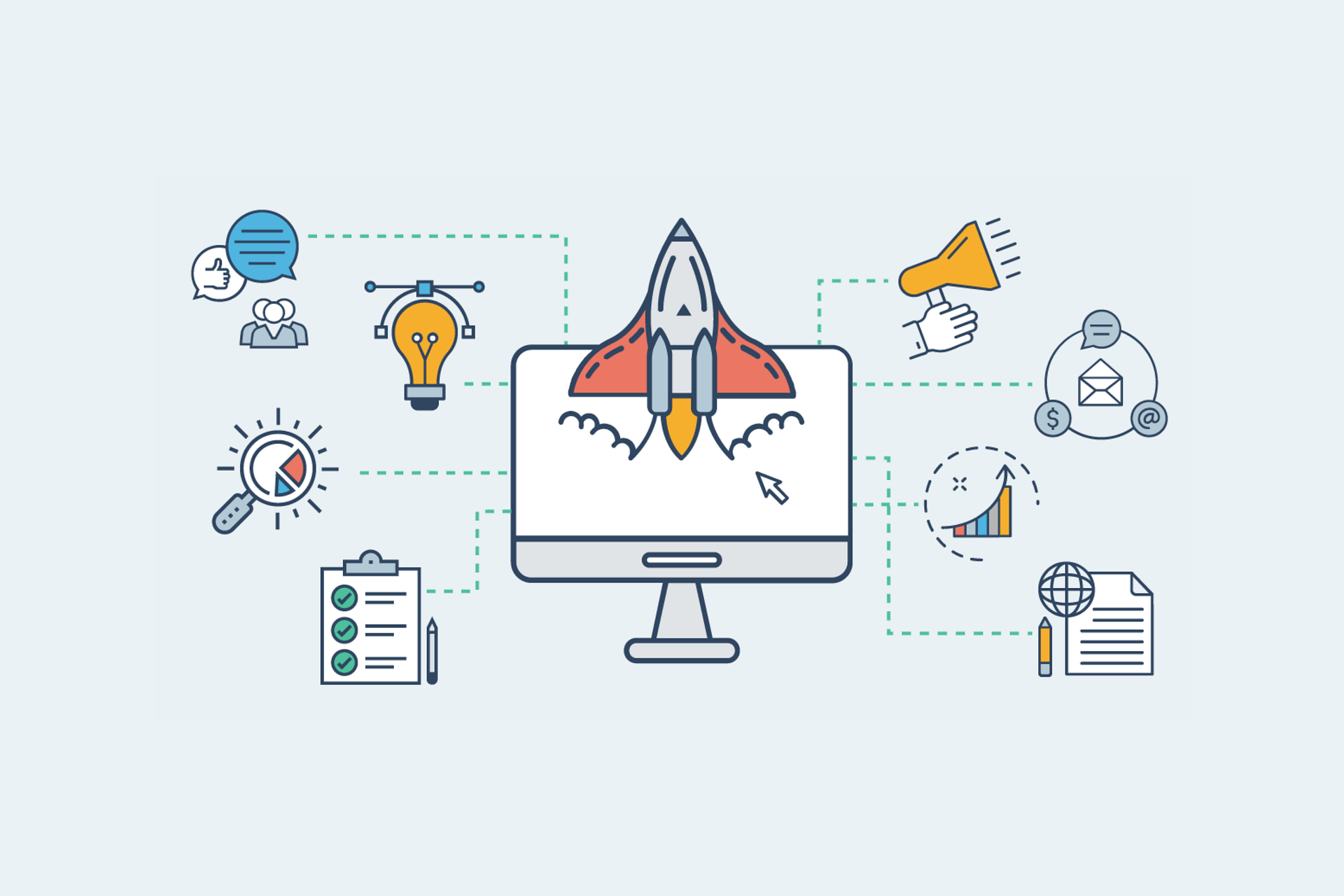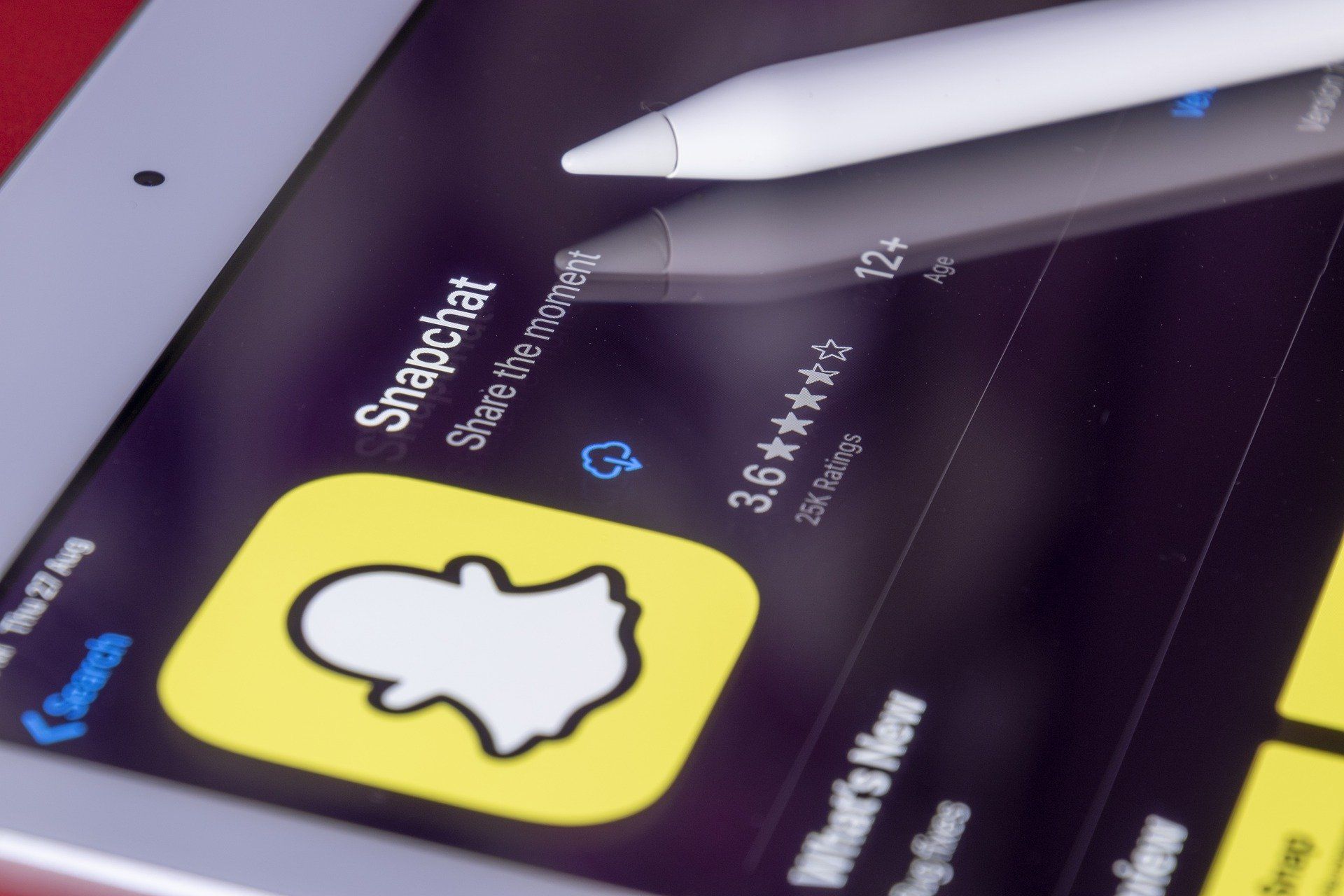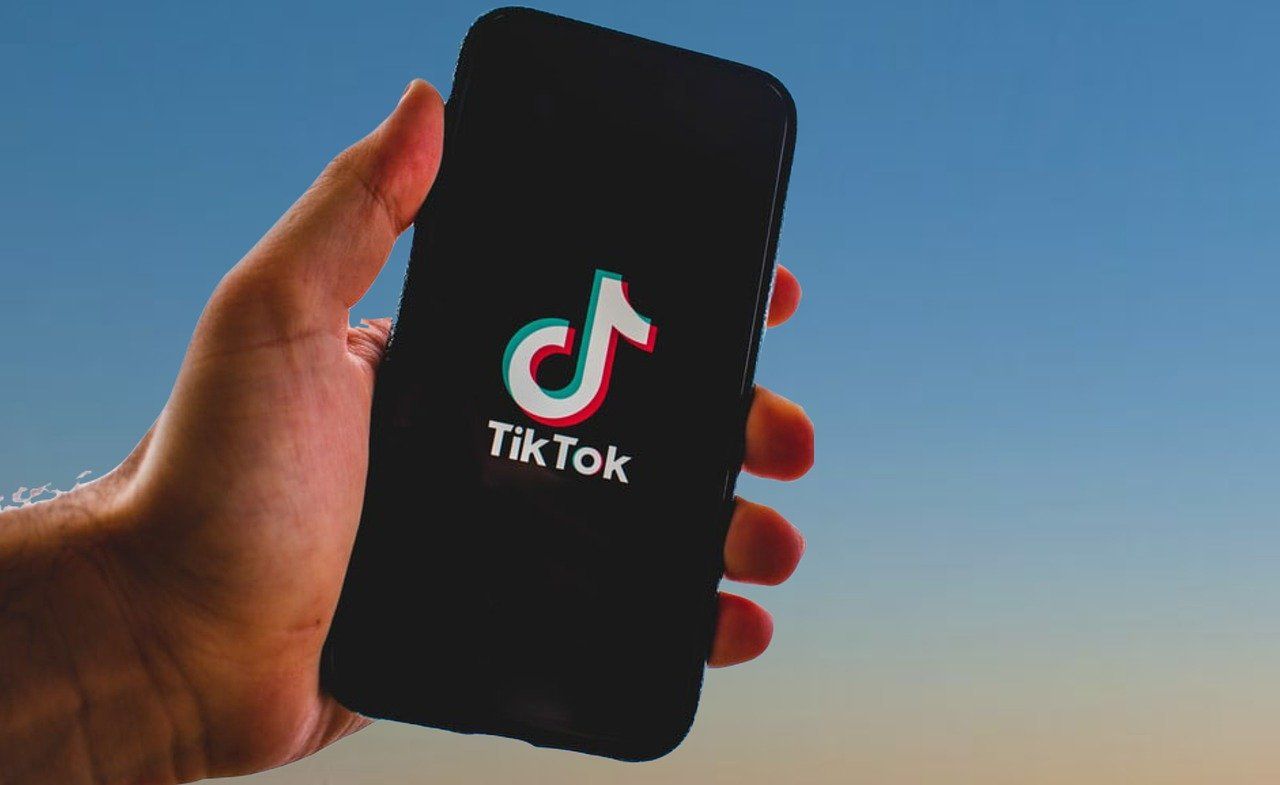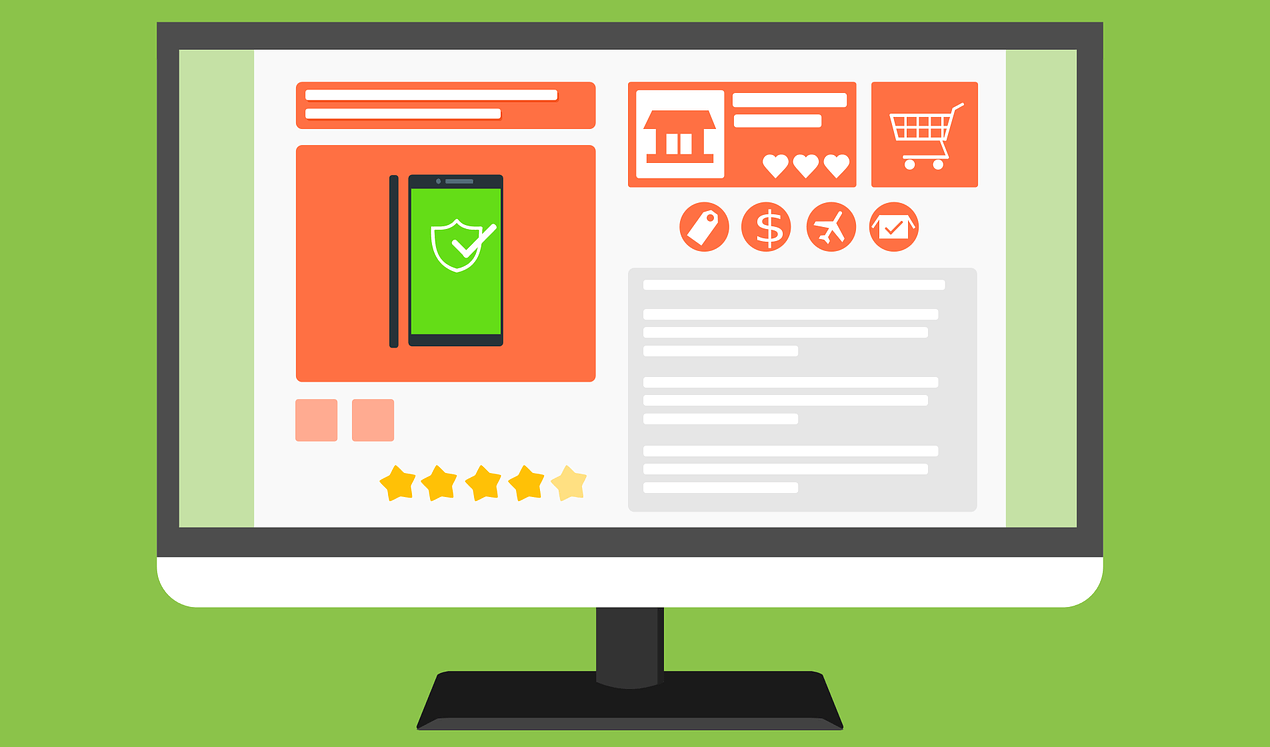3 Ways To Build Your Email Database
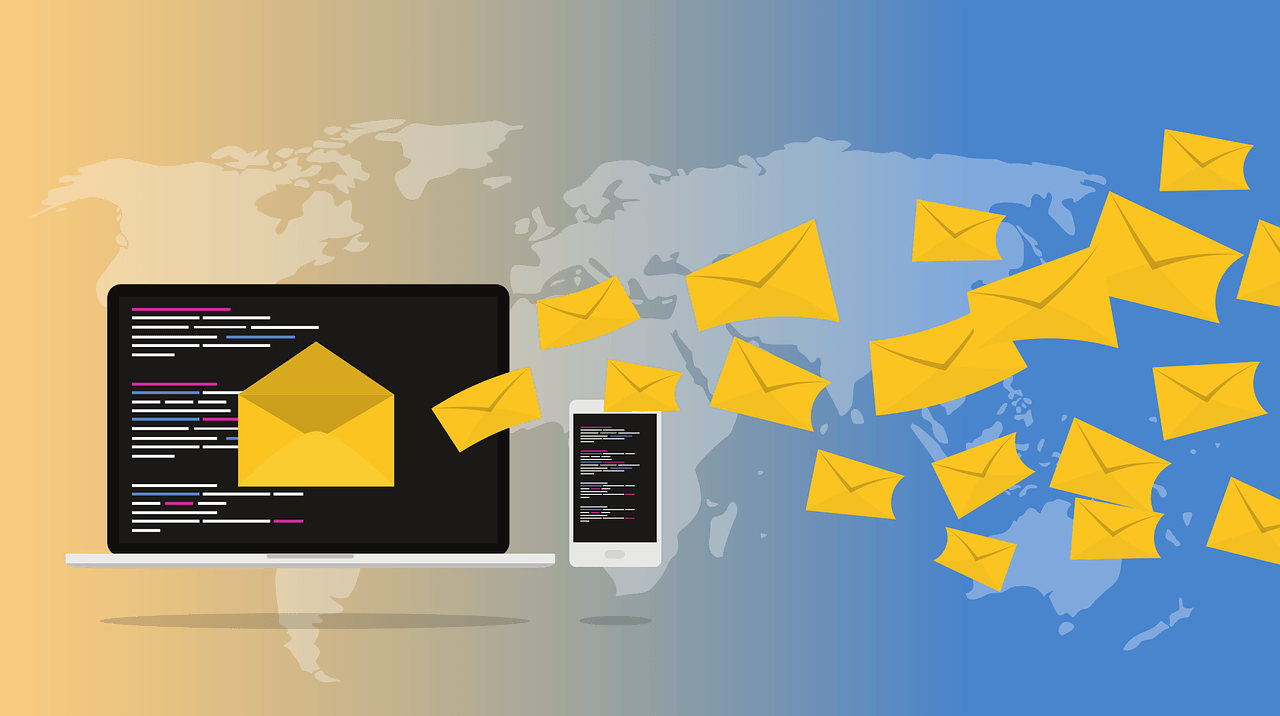
It took a global pandemic, but businesses everywhere are starting to see the importance of having an email database that they own. Filled with current, potential, or future customers, a wholly owned email database is the best way to keep in touch! It's a chance to keep people updated about your current promotions in a place where they have time to explore your products.
But how do you get that list? Here are three easy tips to get you started.
1.Start having your customers opt-in to your email list! To be CAN-SPAM compliant your customers must choose to be part of any marketing or promotion emails. How do you do that? Easy! Add an opt-in option to your order form or contracts. Most order forms make it super simple to collect that data and export it to your preferred email service provider.
2.Contests! That's right, you've got to give to get. Take your best service or product and give it away! Have the option of opting into your email promotion list as a part of the entry form. Bonus: anyone who enters is a 'hot lead.' Not sure how to set up a contest? No worries, Phase 3 Digital can help with that!
3.Give away free advice! Chances are if you own a business, you're an expert in your field. Put together an eBook of tips or free advice and offer it to anyone who wants it. Remember, eBooks in PDF form don't have to be long, a page or two works! Anyone interested just has to give you their email address as well as an option to opt-in to your email list. This is doubly beneficial. Not only are you growing your database, but you're showing potential customers that you have expert knowledge of your field!
Bonus: Lean on social media! Whether you're paying for ads or just doing organic posts, social media is a great way to build your credibility and entice people to sign up for your list. Ask us about Facebook's lead generating options!
The most important part of any email list acquisition is that it has to be voluntary. Don't trick people into signing up. They'll only cause problems later. The key is to get people to sign up who are genuinely interested in what you and your company have to say.
